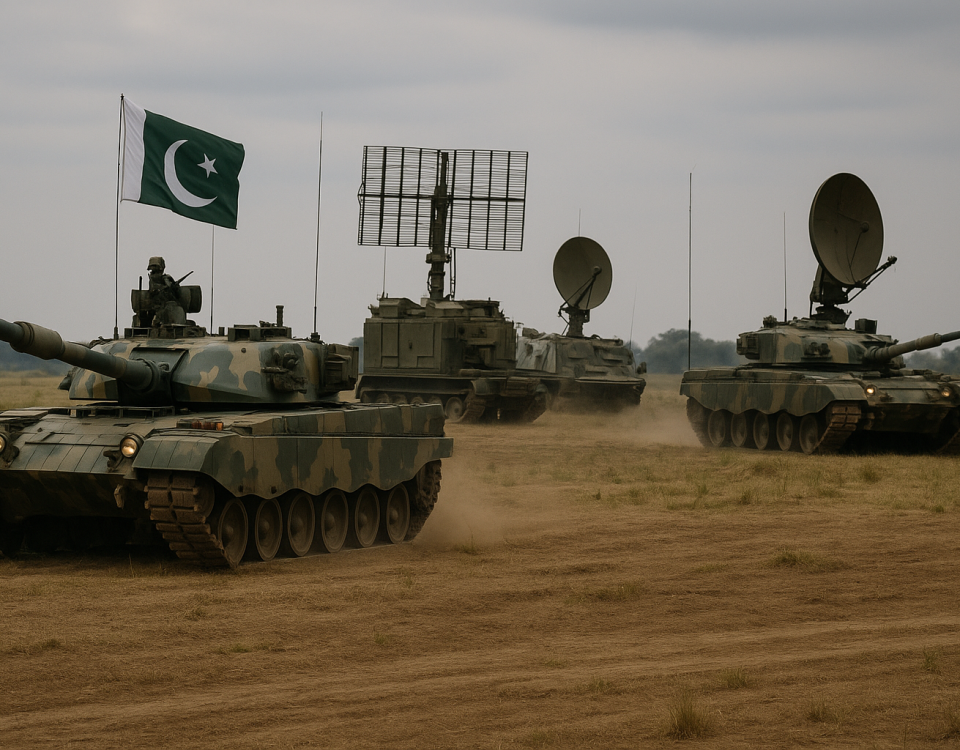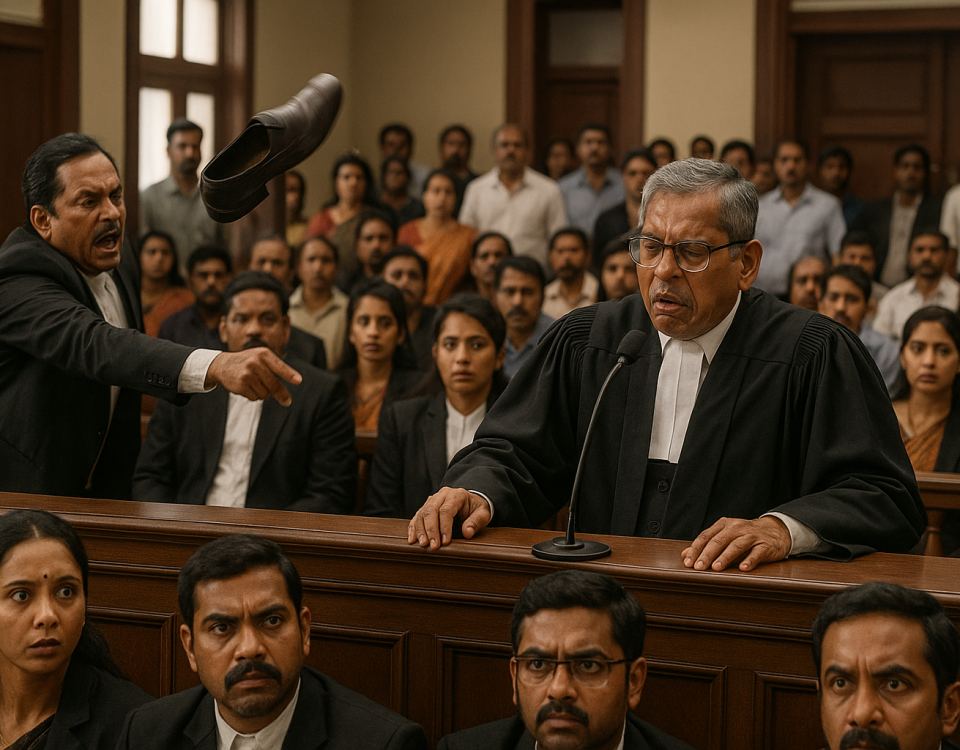
India Rejects Trump’s Mediation Offer on China Border Dispute
February 14, 2025 – India has firmly rejected U.S. President Donald Trump’s offer to mediate in its ongoing border tensions with China, reiterating its long-standing policy of bilateral resolution. The offer, made during a joint press conference between Trump and Prime Minister Narendra Modi in Washington, mirrored Trump’s previous unsuccessful mediation attempts after the Galwan Valley clashes in 2020.
While PM Modi did not directly respond during the press event, Foreign Secretary Vikram Misri later clarified India’s position, stating that all border issues with China are addressed through direct diplomatic and military channels.
India’s Firm Stance on Bilateral Resolution
“Whatever issues we have with any of our neighbors, we have always adopted a bilateral approach,” Misri stated during a media briefing following Modi’s visit. “India and China have well-established mechanisms for addressing border tensions, and we will continue engaging through those channels.”
Misri also referenced India’s diplomatic engagement with Beijing, including his recent visit to China in January 2025, as part of structured discussions to ease tensions along the Line of Actual Control (LAC).
Trump’s Mediation Pitch and Global Strategy
During the press conference, President Trump pivoted away from discussing India’s role in the Russia-Ukraine war, instead suggesting that China could play a larger role in ending the conflict.
“China is a major global player. They can help us bring an end to the war in Ukraine and Russia. At the same time, I see these border skirmishes between India and China, which remain quite vicious. If I could be of help, I’d love to help, because that should be stopped,” Trump said.
While no fresh clashes have been reported since the détente agreement of October 2024, Trump’s remarks suggested that he views the LAC dispute as an ongoing volatile issue.
Trump’s Stance on BRICS and Economic Alliances
In addition to the India-China border issue, Trump made controversial comments about the BRICS alliance (Brazil, Russia, India, China, South Africa), claiming that his proposed 100% tariffs on BRICS nations had effectively crippled the bloc’s economic ambitions.
He also reaffirmed plans for the India-Middle East-Europe Economic Corridor (IMEC) and the I2U2 initiative (India, Israel, UAE, U.S.), both of which have stalled due to the Gaza conflict. Trump emphasized IMEC as a future strategic trade corridor from India to Israel, Italy, and the U.S.
China and Pakistan’s Strong Reactions
Trump’s Indo-Pacific military strategy, including his offer of F-35 fighter jets to India, drew sharp criticism from China and Pakistan.
China’s Foreign Ministry spokesperson Guo Jiakun warned against bloc politics, stating, “No one should make China an issue in bilateral relations or attempt to instigate confrontation. Such geopolitical maneuvers will not contribute to regional stability.”
Similarly, Pakistan’s Foreign Ministry raised concerns over U.S. military aid to India, stating, “Such steps undermine strategic stability and accentuate military imbalances in South Asia.”
India’s Assertive Diplomacy and Strategic Autonomy
By rejecting third-party mediation, India has reaffirmed its independent approach to diplomacy and its commitment to resolving strategic challenges without external interference.
As the regional power dynamics evolve, India’s firm stance highlights its growing diplomatic assertiveness and commitment to bilateral engagement in managing border disputes—a move that reinforces its global credibility in handling complex geopolitical issues.
***





